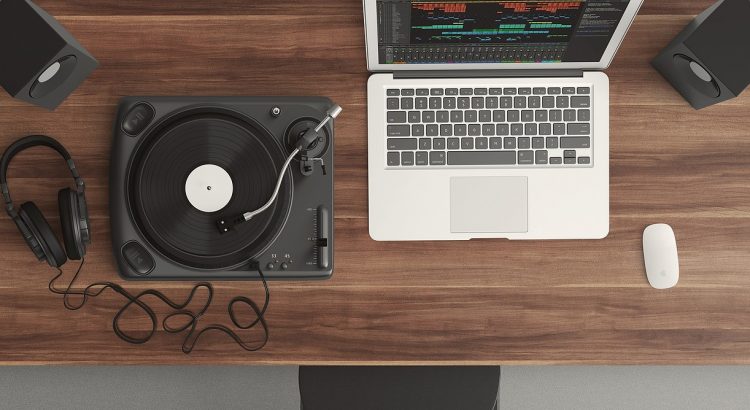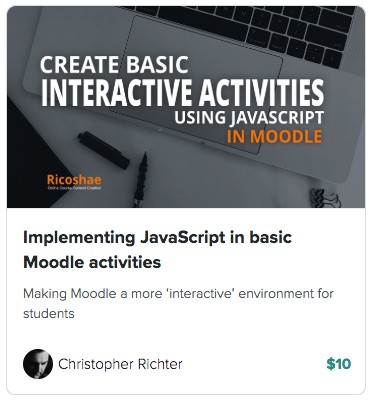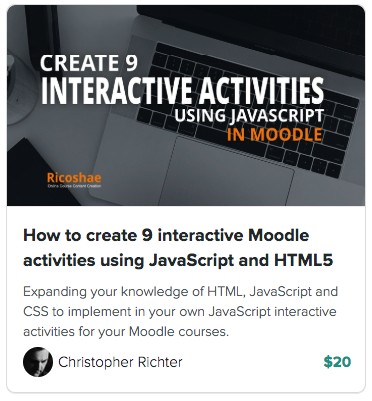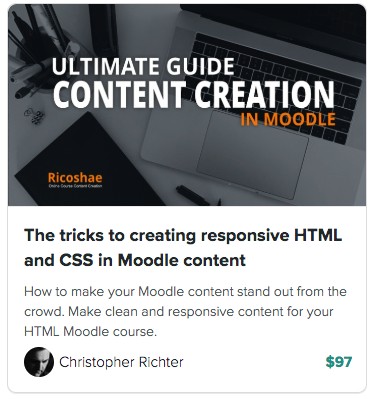I guess it depends, but here are some good reasons to aim for a single take.
- Cost
- Time
Actually that’s really it.
What is ‘one take’ recording.
This is where you have everything prepared for the complete presentation and record from start to finish without stopping. Typically a recording, either audio or video, can be recorded in smaller chunks or ‘takes’ and then re-stitched or edited back together. The process of editing can be extremely time consuming; finding the best takes, mixing or merging them back together using cross fades and other techniques to make the final product look and sound like it is one smooth presentation.
This process of editing is extremely time consuming and requires a large budget if you expect someone to check through the takes, find the best ones then edit them back together.
By using a one take method, you reduce the development time considerably, saving time and costs in the long run by running one take. (or maybe two takes and choosing the best take)
In a recording studio context, if the musician or singer is a professional or session musician then they can often walk in, record a few different takes of the song then walk out and leave you to choose the one that fits best with the song. In the same way, a professional presenter will present in front of an audience live and the final result is often incredibly useful.
Preparation will take a lot longer, the subject has to really know their stuff and be comfortable in front of people, or at least appear comfortable. But in the end, the amount of time spent doing re-takes and then editing it astronomical.
If you can work out an effective way to record one take and it works, bottle it up and use it again next time.
In fact, a good example of this is events and conferences where each session is recorded then released as individual videos. If the audience had to wait for the presenter to retake parts of their presentation, then the audience would leave.
TED talks are one take event, yet their value is exponential.
https://www.ted.com/playlists/171/the_most_popular_talks_of_all
There are both advantages and disadvantages to one take recordings, but it is something to consider if you are on a budget or have time constraints.
One of the most valuable resources that was used in the Diploma of music management was some videos interviewing industry professionals. These interviews are still used even today as they are still relevant and many of the presenters are still in business. These videos were edited only to remove some stories and extra footage that was not essential to the requirements of the unit that they were being used to support.
I guess the major downside is that if you stuff up the audio or you forget to put a memory card in the camera then you’re stuffed….
Where can you use the ‘one take’ method and how could it benefit your development team?




